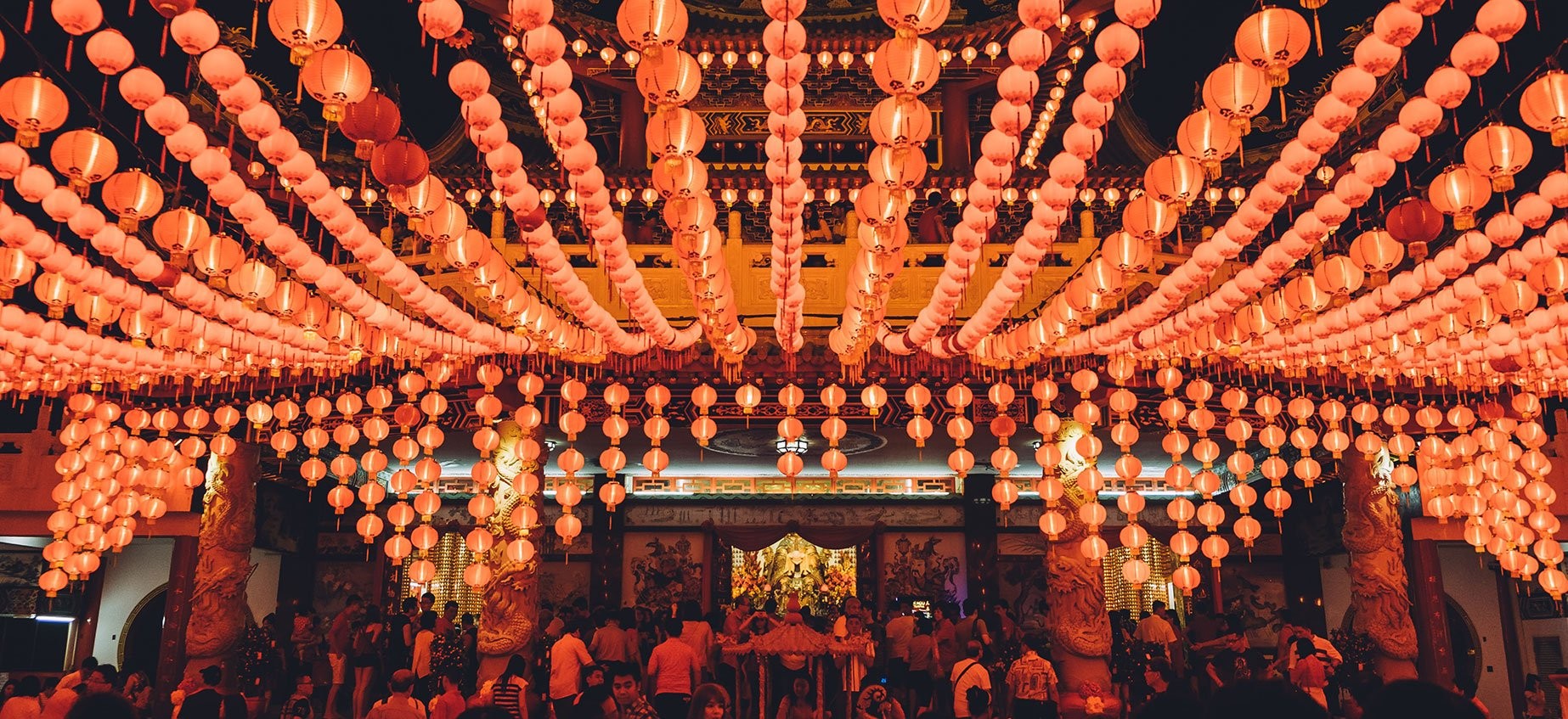Monday, February 8th is the first day of the new year! Feel like you just celebrated the start of 2016? The Chinese New Year follows the lunisolar Chinese calendar, not the Gregorian calendar that dictates our day-to-day life. This means that the date varies each year based on the moon's phases. Also known as the Spring Festival, the new year is a time to prepare for the coming months, and celebrate with family and friends.
At Dr. Okamura's office, we're extra excited for the year of the Monkey. Both Dr. Okamura and Colleen, our treatment coordinator, are Monkeys. Plus, they started working together in the last year of the Monkey (2004) and have now come full circle. Talk about a lucky year for the practice!
Celebrating the Chinese New Year
Festivities begin the day before the New Year (Sunday, February 7) and continue until the Lantern Festival, which takes place on the 15th day of the new year.
Why all the monkey talk talk? Each year is associated with one of the 12 animals of the Chinese zodiac. This is similar to the way the western calendar is divided, but each of the 12 divisions lasts one year instead of just one month. The Monkey is the ninth animal in the cycle, and the next year of the Monkey won't be until 2028.
The Monkey's Personality
Each of us has our own animal associated with our birth year. Don't know yours? Use a guide to the Chinese Zodiac to find out. If you (or one of your family members) were born in 1932, 1944, 1956, 1968, 1980, 1992, 2004, or 2016, you are a Monkey and this is your year!
Each animal has specific personality traits and practices. You may learn a little more about yourself by investigating your animal's associations. Monkeys are:
There are also negative traits for each animal - for Monkeys, the most prominent are
If you're a Monkey, you can also make sure to embrace some of your lucky items and signs, which include
- Lucky numbers - 1, 7, 8
- Lucky colors - White, gold, blue
- Lucky flowers - Chrysanthemum, alliums
- Lucky directions - North, Northwest, West
Chinese New Year Traditions - Old and New
Legends and folk stories hold many different explanations for the beginning of the Chinese New Year Festival. Today, everyone can agree that the festival provides an opportunity to
If the beginning of the year is auspicious, the following months are likely to follow suit, leading to a lucky year. Traditionally, the new year's celebrations centered around farm work and hopes for a full harvest. This translates to modern wishes for professional success. There are steps to take before the first day of the new year to help ensure good fortune, which lead into new year's celebrations that last until the Lantern Festival.
Before the new year, observers should
The first day of the new year dictates fortune for the coming months, so it's especially important that it be observed correctly. The Chinese practice ancestor worship to pay their respects. They also wear new clothes and offer specific New Year's greetings - "gongxi" (恭喜 /gong-sshee/ meaning ‘respectful joy’, translatating to ‘greetings’ or ‘best wishes’). They may also watch dragon dances and lion dances.
If you're hoping to celebrate the Chinese New Year in Seattle, here are some of the events taking place this week!
Best wishes in the coming year!

